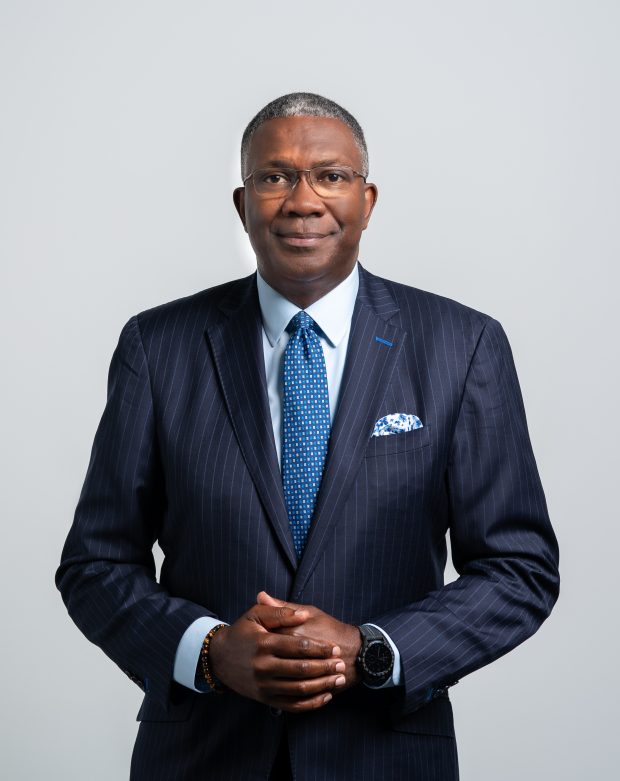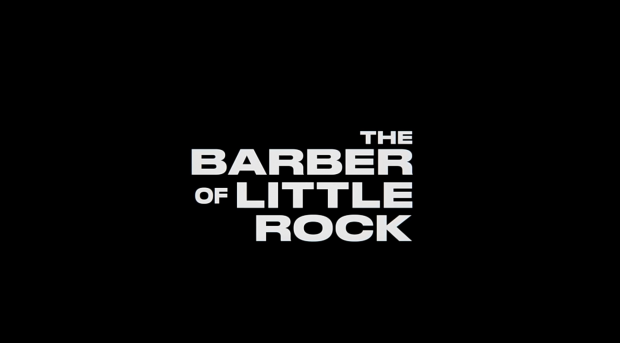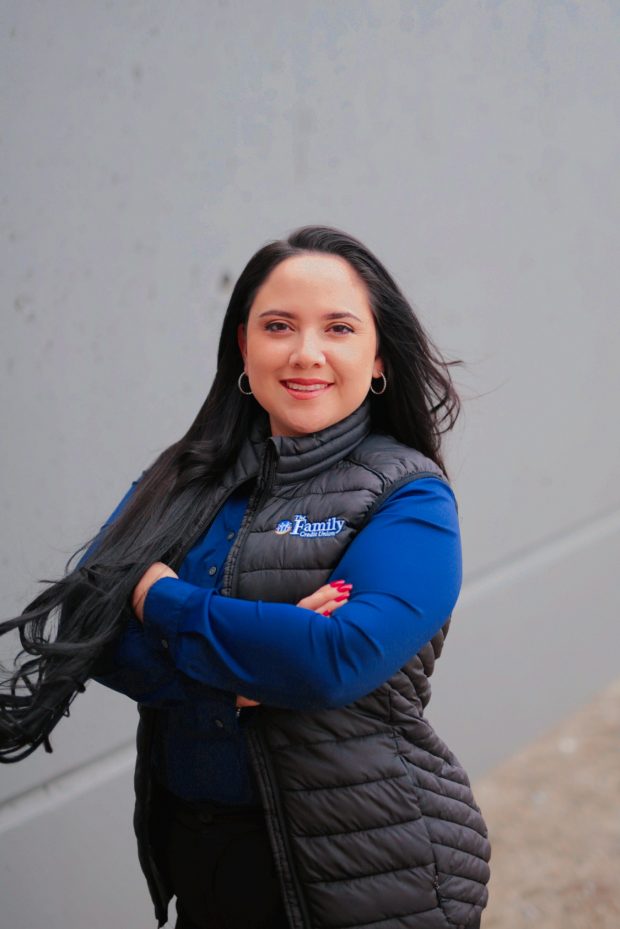 TruStage President/CEO Terrance Williams.
TruStage President/CEO Terrance Williams.
Credit/TruStage
On Oct. 1, Terrance Williams officially became the ninth president/CEO of the Madison, Wis.-based TruStage. Williams came into the leadership role held by Bob Trunzo since 2014.
Williams was named Trunzo's successor in June and spent the past three months as CEO-elect while learning about TruStage with Trunzo's help to get to know the organization and the credit union industry.
Recommended For You
CU Times spoke with Williams on his 27th day on the job. In this first of a series of discussions to be published in the coming days, Williams talks about his transition time with Trunzo and his priorities in these early days.
The following discussion was lightly edited for style and punctuation.
CU Times: Can you talk about the things you were wanting to know from Bob and what you learned?
Williams: I actually have publicly praised Bob and our Board of Directors for the way they structured the transition, because you know, most can probably point to a company that went through a leadership transition that didn't go as they would've hoped it would have. And I believe that the process that was developed for this transition worked exceptionally well. Because think about it, so I was brought on board, and I actually became a TruStage employee in June and had Bob still there in chair. So I came in as the CEO-elect, and I was able for three months to do a number of things to help me get up to speed; getting counsel along the way from Bob, of course, but also allowing me to meet with employees to begin meeting externally with credit union leaders, to meet with partners, to really understand the depths of our organization from an operational performance standpoint, as well as from a mission-orientation standpoint. So those three months have been incredibly helpful to really kind of establish a base or a foundation for me that has really allowed me now to kind of take the reins with clarity and with an understanding of where we are, who we are, and what's out ahead of us from a future standpoint. So I think the transition was structured very well and that's really positioned me to be in a good place now on this, as you just said, I think day 27.
CU Times: What were your priorities during those first three months?
Williams: I created an onboarding plan with help from Bob, with help from the board that really consisted of three different items. And those three items were internal, external and then operations. And I'll walk you through what I meant by that. So [in regard to] internal, my goal was to engage with our leadership group, all officers and above, as often as I could to get to know people, to connect with folks, to interact with them, to engage with them. So the internal piece was literally about forming those relationships that allowed businesses to operate. I also spent a lot of time with employees at all levels in the company; doing coffee chats, doing all-employee forums, doing just sessions in the cafeteria. I'd go to grab food and I would end up talking to four people while I'm standing in line.
And all of those, those efforts really began to help me to get to know TruStage, but it also allowed all of those folks that I just named to begin the process of getting to know me, my operating style, my approach, how I think about certain things. So that was the internal component.
The external component really consisted of a few different areas. I've met with literally hundreds of credit union CEOs over the past couple of months. I've done so in group settings. I've done so one-on-one. I've done league round table meetings. I've done just tons of sessions that have allowed me to kind of introduce myself to the credit union system. And my intent there was with the credit union system being our largest, most important customer base, our most important partner group, I really wanted to ensure that I was beginning the process of developing relationships.
The third component is from an operational standpoint. I've conducted what I call deep-dive sessions. I've done dozens of deep-dive sessions over those three months. And a deep-dive session for me is coming together with one of the business units within the company and just a handful of people from that area. And they, in advance, would share with me some materials, a short deck or short PowerPoint that helped me understand their primary customer base, their solution that we serve, the profit margins, the growth numbers. All of the operational things that one would expect to review. And those deep-dive sessions really helped to really kind of ground me and really understanding all of our various businesses to understand strengths, opportunities, future goals, where we're going, et cetera. So those were all of the components of my own boarding. So the internal, the external and then the operational piece allowed me to really hit the ground full speed during the transition date.
CU Times will have a second part of our interview with Williams published on Friday, Nov. 10, where we discuss the future of TruStage and the challenges ahead.
© Touchpoint Markets, All Rights Reserved. Request academic re-use from www.copyright.com. All other uses, submit a request to [email protected]. For more inforrmation visit Asset & Logo Licensing.







